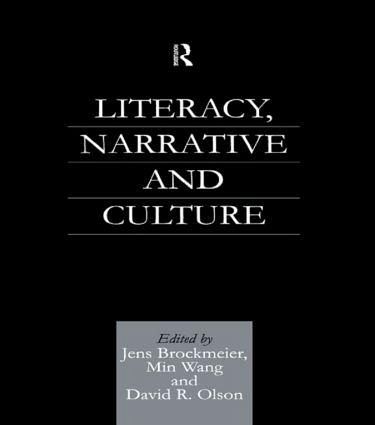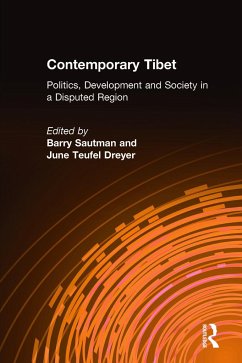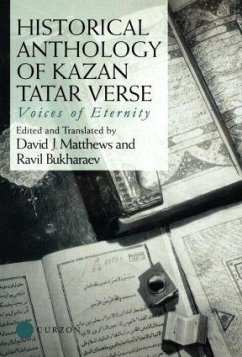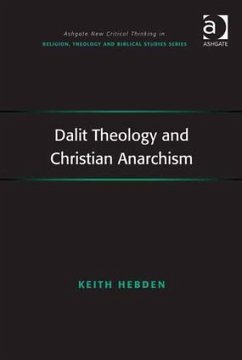
Literacy, Narrative and Culture

PAYBACK Punkte
88 °P sammeln!
This work is an important contribution to the multidisciplinary study of literacy, narrative and culture, arguing that literacy is perhaps best described as an ensemble of socially and historically embedded activities and of cultural practices. It suggests viewing written language, producing and distributing, deciphering and interpreting signs, as closely related to other cultural practices such as narrative and painting. The book makes the point that there is no theory and history of writing that does not presuppose a theory of culture and social development. At the same time, it demonstrates...
This work is an important contribution to the multidisciplinary study of literacy, narrative and culture, arguing that literacy is perhaps best described as an ensemble of socially and historically embedded activities and of cultural practices. It suggests viewing written language, producing and distributing, deciphering and interpreting signs, as closely related to other cultural practices such as narrative and painting. The book makes the point that there is no theory and history of writing that does not presuppose a theory of culture and social development. At the same time, it demonstrates that every theory and history of culture must unavoidably entail a theory and history of writing and written culture. The book brings together perspectives on literacy from psychology, linguistics, history and sociology of literature, philosophy, anthropology, and history of art, and addresses these issues in plain language not coded in specialized jargon.













